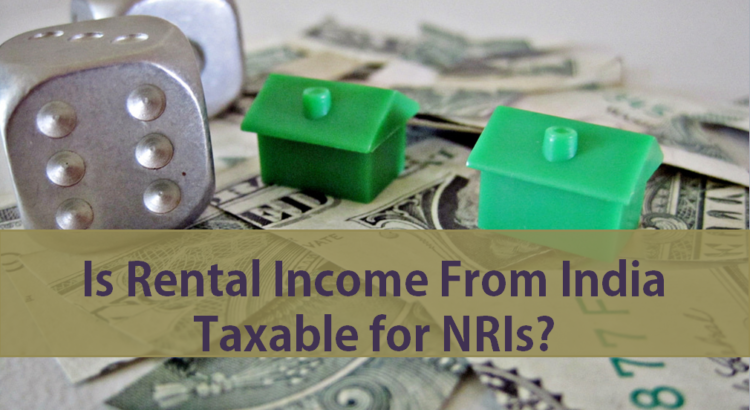Millions of Indians live abroad. And many out of them have hereditary home in India. Since it belongs to their ancestors, they don’t like to sell them. But sparing those accommodations vacant can invite eyeballs of the land-mafias who are defaulters. They confiscate property without any prior notice to the owner. This is why renting it out is the only option left to avert this problem. And also, they credit an additional benefit of rental income through it.
Read MoreMonth: April 2017

How to Change Name in Aadhaar While Linking With PAN Card?
Indian central government has emphasized on linking Aadhaar Card with Permanent Account Number (PAN) Card. It has set 31st July 2017 as the timeline to do so mandatorily. Millions of tax-payers are buzzing about this new provision.
Read More
Is Agricultural Income from Abroad is Taxable in India?
India is an agro-based country since approximately 70% of its population earns bread and butter through farming. But farming is not the only composition of agricultural income. There are many associated works that generate income, like renting out the agro-land. This facility is available for the natives of India. But an NRI can’t invest in the purchase of agriculture land or farm house in India.
Read More










